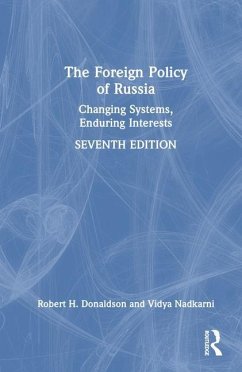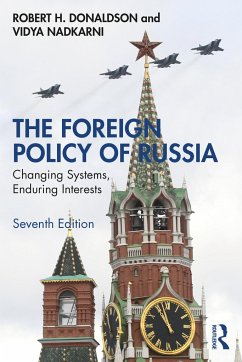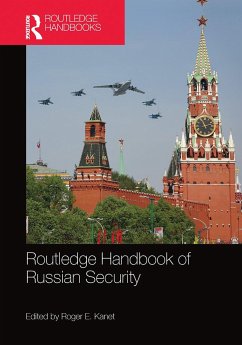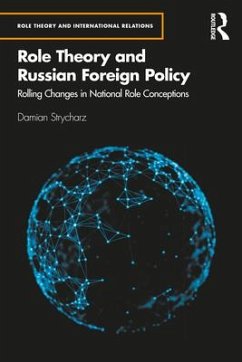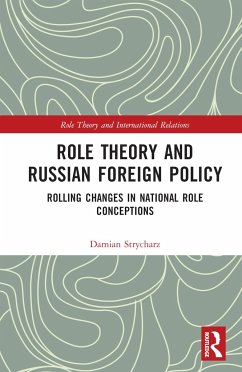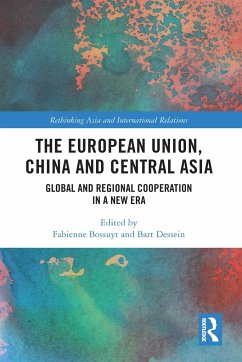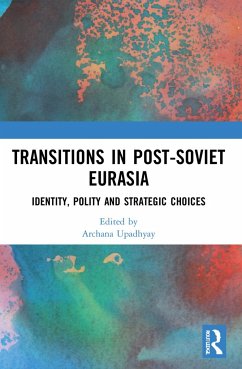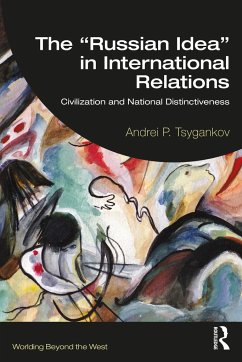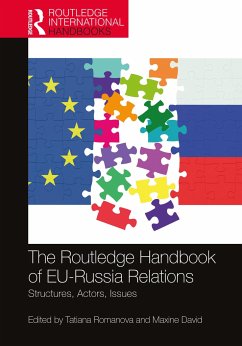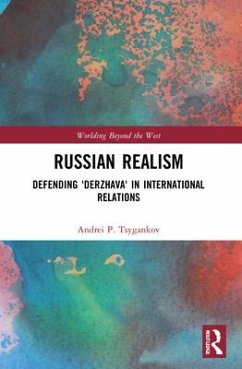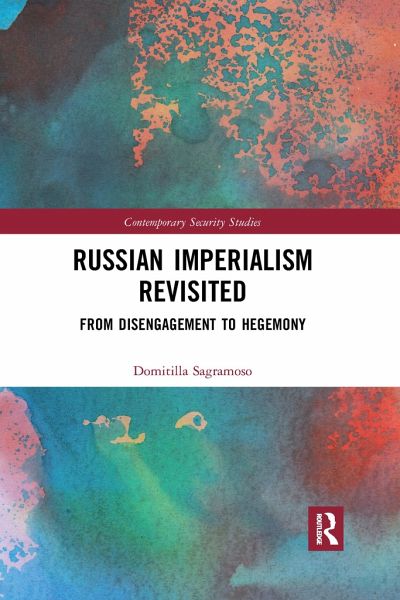
Russian Imperialism Revisited
From Disengagement to Hegemony
Versandkostenfrei!
Versandfertig in 6-10 Tagen
45,99 €
inkl. MwSt.
Weitere Ausgaben:

PAYBACK Punkte
23 °P sammeln!
This book examines the nature of Russia's relations with the former Soviet states (FSS), in particular with countries which formed the Commonwealth of Independent States, in order to assess whether there has been a resurgence of Russian imperialism since the collapse of the USSR.The book sets out to determine whether Russian leaders have attempted to restore a sphere of influence over the former Soviet republics or whether Russia's policies reflect a genuine desire to establish normal state-to-state relations with the new states. It adopts a comprehensive approach, analysing Russia's policies ...
This book examines the nature of Russia's relations with the former Soviet states (FSS), in particular with countries which formed the Commonwealth of Independent States, in order to assess whether there has been a resurgence of Russian imperialism since the collapse of the USSR.
The book sets out to determine whether Russian leaders have attempted to restore a sphere of influence over the former Soviet republics or whether Russia's policies reflect a genuine desire to establish normal state-to-state relations with the new states. It adopts a comprehensive approach, analysing Russia's policies towards the FSS across a broad range of areas: energy, trade and investment; military assistance, security provision and peacekeeping; conflict management, political support, and alliance formation. While not denying the Kremlin's assertive role in the FSS, this book challenges the assumption that Russia has always intended to restore a sphere of influence over its 'Near Abroad'. Rather, it argues that Russia's policies are much more complex, multi-faceted, and often more incoherent than is often assumed. In essence, Russia's actions generally reflect a combination of legitimate state interests, enduring Soviet legacies, and genuine concerns over events unfolding along Russia's borders. This book also shows that, at times, Great-Power nostalgia and a real difficulty with discarding Russia's imperial legacy shapes Russia's behaviour towards the FSS.
This book will be of great interest to students of Russian politics and foreign policy, east European politics, and International Relations in general.
The book sets out to determine whether Russian leaders have attempted to restore a sphere of influence over the former Soviet republics or whether Russia's policies reflect a genuine desire to establish normal state-to-state relations with the new states. It adopts a comprehensive approach, analysing Russia's policies towards the FSS across a broad range of areas: energy, trade and investment; military assistance, security provision and peacekeeping; conflict management, political support, and alliance formation. While not denying the Kremlin's assertive role in the FSS, this book challenges the assumption that Russia has always intended to restore a sphere of influence over its 'Near Abroad'. Rather, it argues that Russia's policies are much more complex, multi-faceted, and often more incoherent than is often assumed. In essence, Russia's actions generally reflect a combination of legitimate state interests, enduring Soviet legacies, and genuine concerns over events unfolding along Russia's borders. This book also shows that, at times, Great-Power nostalgia and a real difficulty with discarding Russia's imperial legacy shapes Russia's behaviour towards the FSS.
This book will be of great interest to students of Russian politics and foreign policy, east European politics, and International Relations in general.





